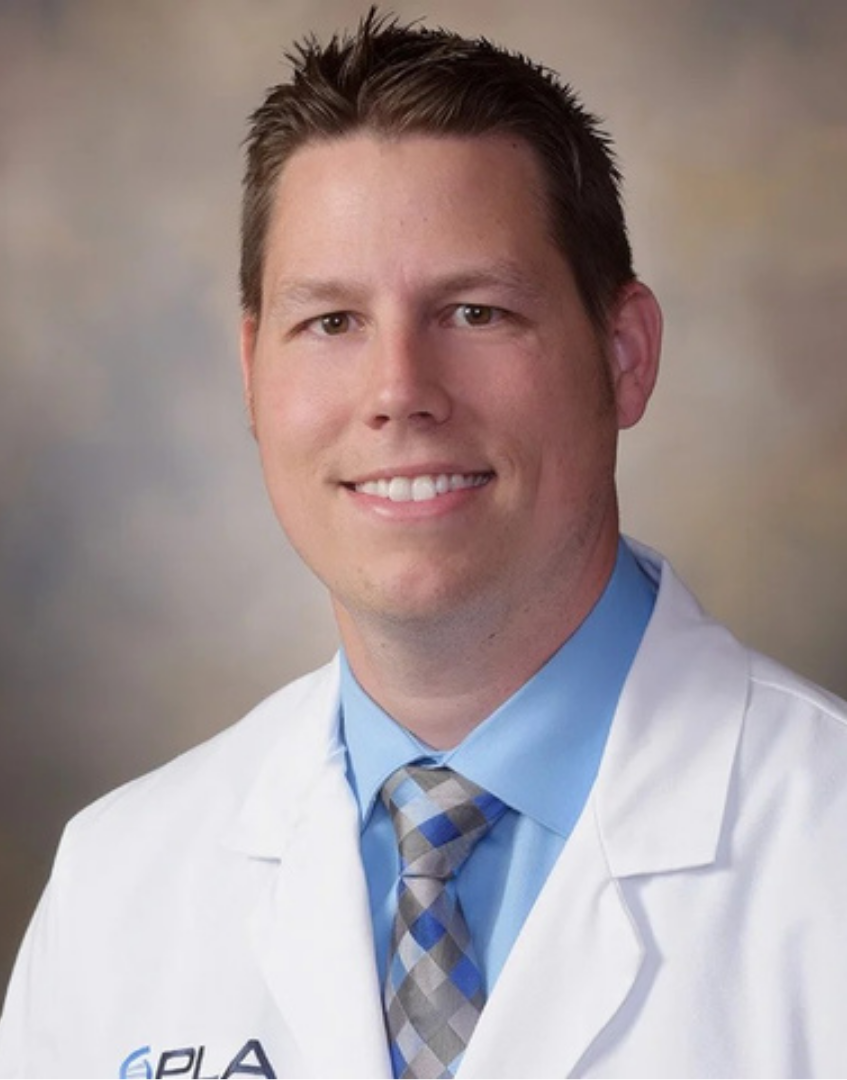Advocacy and Medicine Day at the U.S. Capitol and Oklahoma Capitol
- ashley21944
- Nov 11, 2024
- 3 min read

In February, OSMA President Dr. Dianne Heaton, TCMS President-Elect, Dr. Ondria Gleason, along with several other members of the Oklahoma State Medical Association, attended the American Medical Association’s National Advocacy Day in Washington, DC. The group had a very successful trip attending 30-minute meetings with each of Oklahoma’s members of Congress! The group met personally with Representative Kevin Hern, Representative Tom Cole and Representative Frank Lucus. They met with advisors for the other senators and representatives, including Tulsa native, Cambridge Neal, the Health Policy Advisor for Senator Lankford. Issues discussed included physician shortages in Oklahoma, the need for increasing residency slots and scope of practice.
On Tuesday, March 5th OSMA President Dr. Dianne Heaton and TCMS President-Elect, Dr. Ondria Gleason, along with several other members of the Oklahoma State Medical Association, attended Medicine Day at the Oklahoma State Capitol. The group started the day with updates from our lobbyists on legislative items important to medicine including excessive requirements by insurance companies for prior authorizations and concerning bills that would allow independent practice for non-physician clinicians. Physicians then branched out to meet with various senators and representatives to discuss the issues in person. Dr. Gleason had the opportunity to spend time with Senator David Rader and Senator Mary Boren discussing the importance of physician-led care. She also met with staff members for Senators Haste and Dahm. Additionally, Dr. Gleason was interviewed by the Tulsa World, at the event. (Article below)
Ondria C. Gleason, M.D.
President-Elect
Tulsa County Medical Society
OKLAHOMA CITY — Physicians from around Oklahoma gathered Tuesday in the Capitol rotunda to advocate for better access to care and incentives to grow the medical field in the state.
Dr. Ondria C. Gleason, who works with OU Health Physicians in Tulsa, came to the Capitol because of her concerns about requirements for insurance authorization and lack of medical professionals in Oklahoma.
“One of the big concerns physicians and patients have is the need for prior authorization for many procedures,” said Gleason. She explained that authorization can take weeks to get, deferring care for patients and requiring extra effort from physicians, who have to be on the phone with insurance companies to access this authorization for their patients. Without prior authorization, the insurance company will not pay for the procedure.
Gleason hopes the Legislature will consider limiting “the ability of insurance companies to require prior authorizations for so many treatments, tests and medications.”
Another concern in the Oklahoma medical field is lack of access to health care in rural communities.
In a press release, Dr. Diane Heaton, president of the Oklahoma State Medical Association, said: “These physicians come from all walks of life and span specialties; however, we are all connected by the common goal of ensuring our patients receive the best care possible. That’s why we are meeting with our legislators to discuss vital issues such as insurance-related care delays and ways we can grow access to care in rural areas.”
According to data from the Health Resources and Services Administration, all but two counties in Oklahoma have health professional shortage areas. Both counties without shortages, McClain County and Cleveland County, are classified as being within metro areas.
Gleason said, “There’s a huge problem with lack of medical care in rural areas, and there could be things that the Legislature could do to help with that. There’s a shortage of physicians, and there are programs that are out there that are encouraging young people from rural areas to go into medicine. We have one of those at The University of Oklahoma School of Community Medicine in Tulsa, which is called TRUE.
“So funding those kinds of things is important,” said Gleason.
By Melissa Jacques
Tulsa World Capitol Bureau Staff Writer




Comments